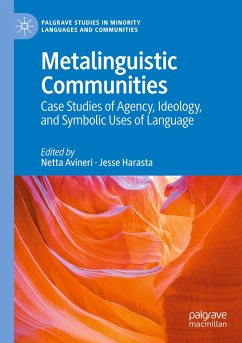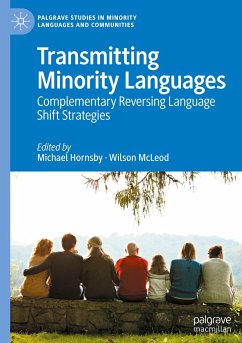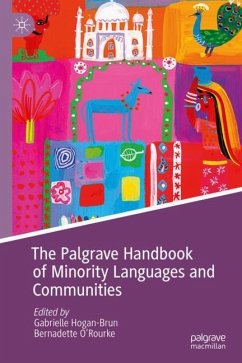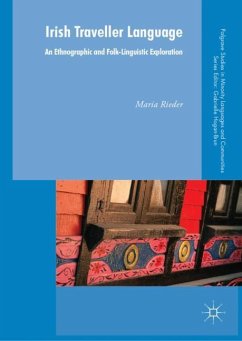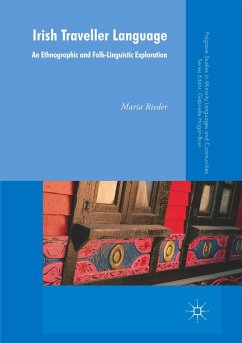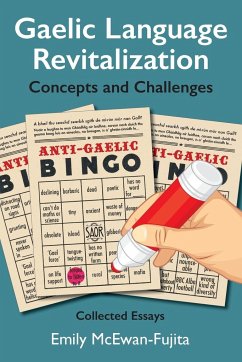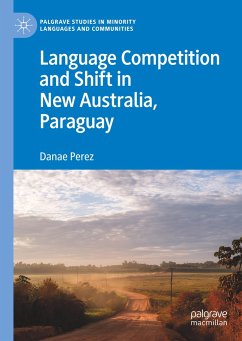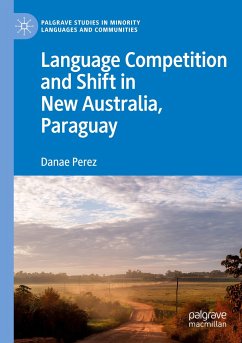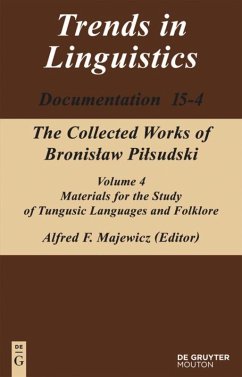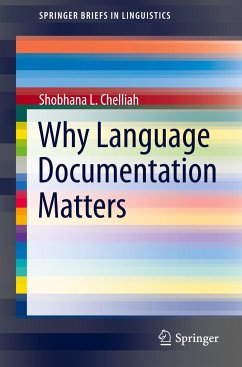
Metalinguistic Communities
Case Studies of Agency, Ideology, and Symbolic Uses of Language
Herausgegeben: Avineri, Netta; Harasta, Jesse

PAYBACK Punkte
57 °P sammeln!
This edited volume brings together ten compelling ethnographic case studies from a range of global settings to explore how people build metalinguistic communities defined not by use of a language, but primarily by language ideologies and symbolic practices about the language. The authors examine themes of agency, belonging, negotiating hegemony, and combating cultural erasure and genocide in cultivating meaningful metalinguistic communities. Case studies include Spanish and Hebrew in the USA, Kurdish in Japan, Pataxó Hãhãhãe in Brazil, and Gallo in France. The afterword, by Wesley L. Leona...
This edited volume brings together ten compelling ethnographic case studies from a range of global settings to explore how people build metalinguistic communities defined not by use of a language, but primarily by language ideologies and symbolic practices about the language. The authors examine themes of agency, belonging, negotiating hegemony, and combating cultural erasure and genocide in cultivating meaningful metalinguistic communities. Case studies include Spanish and Hebrew in the USA, Kurdish in Japan, Pataxó Hãhãhãe in Brazil, and Gallo in France. The afterword, by Wesley L. Leonard, provides theoretical and on-the-ground context as well as a forward-looking focus on metalinguistic futurities. This book will be of interest to interdisciplinary students and scholars in applied linguistics, linguistic anthropology and migration studies.





